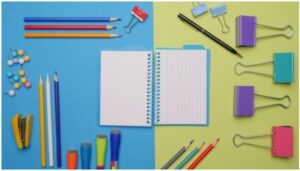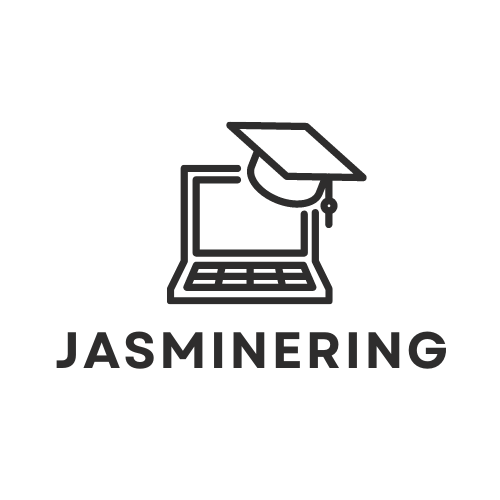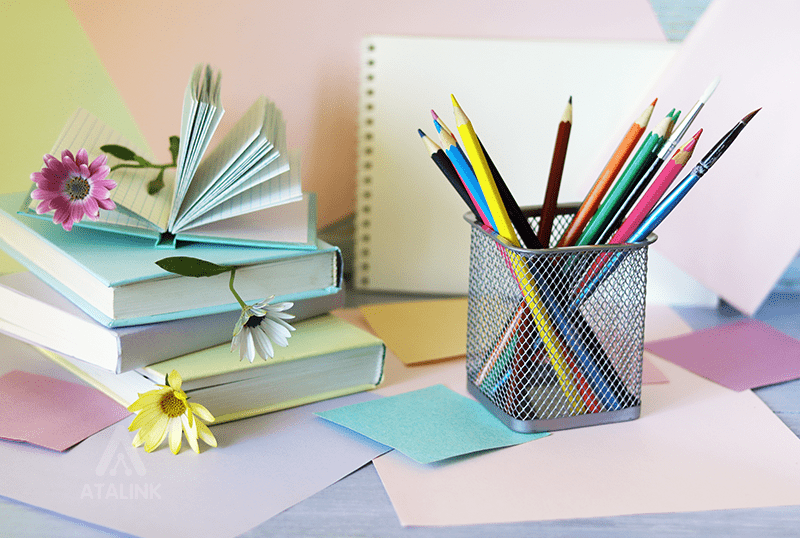Comprehensive Guide to Office Supplies
1. Understanding Office Supplies
Office supplies encompass all materials and products used to facilitate office activities. These items are essential in supporting daily tasks and ensuring that office workflows are efficient and productive. Office supplies include everything from basic stationery items to advanced office machines, each playing a vital role in maintaining the smooth operation of an office.
2. Main Categories of Office Supplies
a. Paper Products: Paper products form the backbone of office supplies. They include:
- Printing Paper: Commonly used for documents, reports, and presentations. A4 size is the standard, but other sizes are also utilized depending on the need.
- Photocopy Paper: Essential for making duplicates of documents.
- Sticky Notes: Used for reminders and quick notes, enhancing organization.
b. Writing Instruments: A variety of writing tools cater to different writing styles and purposes:
- Pens: Ballpoint, gel, fountain, and rollerball pens for various writing experiences.
- Pencils: Both mechanical and wooden pencils are used for drafting and sketching.
- Markers and Highlighters: For emphasizing and marking important text.
c. Office Equipment: Essential devices that support various office functions include:
- Calculators: From basic models to advanced scientific calculators, useful for quick calculations.
- Printers and Scanners: Vital for printing documents and digitizing physical copies.
- Shredders: Important for disposing of sensitive documents securely.
d. Organizational Tools: Keeping an office organized requires specific tools:

- Files and Folders: Help in categorizing and storing documents. Types include ring binders, lever arch files, and presentation folders.
- Paper Clips and Staples: For bundling documents together.
- Desk Organizers: Pen holders, file trays, and drawer organizers keep workspaces tidy.
e. Miscellaneous Supplies: These items add to the efficiency and comfort of the office:
- Scissors and Cutters: For cutting paper and opening packages.
- Staplers and Hole Punchers: Essential for document management.
- Whiteboards and Notice Boards: Used for meetings, brainstorming sessions, and displaying important information.
3. Categorization by Material
a. Paper Products: Items made primarily from paper include:
- Notebooks and Notepads: For jotting down notes and ideas.
- Legal Pads: Often used in professional settings for formal notes.
- Envelopes: Various sizes for mailing documents.
b. Wooden Products: Include items like:
- Pencils: Essential for writing and sketching.
- Rulers: For precise measurements in various tasks.
c. Plastic Products: Durable and versatile, plastic is used in:
- Pen Holders and File Trays: Keep desks organized.
- Binders and Presentation Folders: Protect and organize documents.
d. Metal Products: Known for their durability, these include:
- Staplers and Hole Punchers: Necessary for binding and organizing papers.
- Paper Clips: Keep documents together without permanent attachment.
4. Categorization by Function
a. Desk Supplies: Items used directly at the desk for everyday tasks:
- Pens, Pencils, and Markers: For writing and marking.
- Desk Organizers: Keep tools within easy reach.
b. Document Management: Tools that help in handling and storing documents:

- Files and Folders: Various types for different document needs.
- Label Makers: Help in organizing and identifying files.
c. Mailing Supplies: Essential for sending out documents and packages:
- Envelopes and Packaging Tape: Secure documents and items for mailing.
- Address Labels: For clear and accurate mailing information.
5. Essential Office Supplies
While the specific needs may vary, some office supplies are universally essential:
a. Paper Products:
- Printing and Photocopy Paper: Regular replenishment is necessary.
- Sticky Notes and Notepads: For quick notes and reminders.
b. Writing Instruments:
- Pens and Pencils: Basic tools for writing and drawing.
- Highlighters: For emphasizing important text.
c. Office Equipment:
- Printers and Scanners: For creating and digitizing documents.
- Shredders: To dispose of sensitive information securely.
d. Organizational Tools:
- Files and Folders: For managing documents.
- Desk Organizers: Keep the workspace clutter-free.
e. Cleaning Supplies:
- Cleaning Products: Ensure a hygienic and pleasant work environment.
- Trash Bins: Essential for waste management.
6. Detailed Look at Essential Items
a. Paper Products: Paper products are indispensable in any office setting. The most common types include:
- Printing Paper: Often used for printing documents, letters, and reports. A4 size is standard, but other sizes like A3 are also used for larger prints.
- Sticky Notes: Ideal for jotting down quick reminders and sticking them on desks or computer monitors.
- Photocopy Paper: Used in copiers for creating duplicates of important documents.
b. Writing Instruments: These are the tools that allow staff to take notes, sign documents, and mark important information.
- Pens: Available in various types such as ballpoint, gel, and fountain pens. Each type offers a different writing experience, with ballpoints being the most common due to their reliability and longevity.
- Pencils: Mechanical pencils are favored for their precision, while traditional wooden pencils are commonly used for sketching and rough drafts.
- Markers and Highlighters: Used for emphasizing key points in documents and for whiteboard presentations.
c. Office Equipment: Office equipment is crucial for facilitating various office operations.
- Calculators: Range from simple, basic models for everyday calculations to complex scientific calculators for specialized tasks.
- Printers and Scanners: Printers are essential for creating hard copies of digital documents, while scanners are used to digitize physical documents.
- Shredders: Important for maintaining confidentiality by securely disposing of sensitive documents.
d. Organizational Tools: Organization is key to maintaining an efficient and tidy workspace.
- Files and Folders: Come in various types such as ring binders, lever arch files, and suspension files. These tools help in categorizing and storing documents systematically.
- Paper Clips and Staples: Essential for bundling documents together temporarily or permanently.
- Desk Organizers: Include items like pen holders, file trays, and drawer organizers, which help keep the workspace neat and organized.

e. Miscellaneous Supplies: Various other items contribute to the overall functionality and comfort of the office.
- Scissors and Cutters: Used for cutting paper, opening packages, and other similar tasks.
- Staplers and Hole Punchers: Essential tools for binding documents together and organizing them efficiently.
- Whiteboards and Notice Boards: Serve as platforms for brainstorming sessions, meetings, and displaying important notices.
7. The Importance of Quality Office Supplies
Investing in high-quality office supplies can have a significant impact on the productivity and efficiency of a workplace. Quality products tend to be more durable, reliable, and effective, which means fewer interruptions and a smoother workflow. Moreover, well-organized and adequately equipped offices often reflect positively on the professionalism and competence of a business.
Conclusion
Office supplies are fundamental to the efficient functioning of any workplace. From basic items like pens and paper to advanced equipment like printers and scanners, each tool plays a vital role in supporting daily office operations. Investing in quality office supplies not only boosts productivity but also enhances the overall professionalism and efficiency of the business environment. Selecting the right products tailored to specific needs can significantly impact the smooth running of office tasks and contribute to the growth and success of the organization.
Follow jasminering.net

